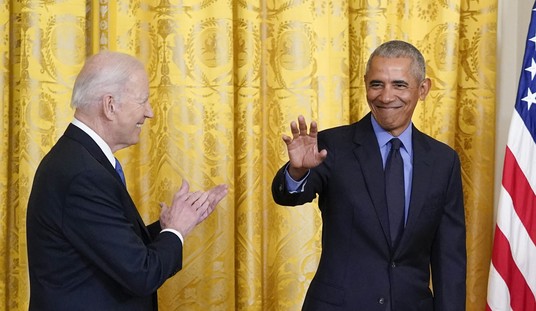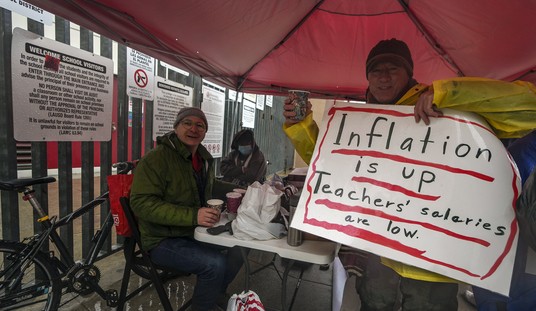While the issue of free speech has not been a center point of the 2024 campaign, many Americans are concerned about the future when it comes to the right to express one’s views freely, according to a new report.
The Foundation for Individual Rights and Expression (FIRE) released its latest National Speech Index, which analyzes opinions on freedom of expression.
The index gives a close look into how Americans perceive free speech and First Amendment rights. Judging from the results, people aren’t exactly feeling optimistic over it.
About 64 percent of respondents believe the country is headed in the “wrong direction” when it comes to speech. Additionally, 42 percent expressed worries about professional consequences for their speech. The report highlighted differences in how Americans perceive certain forms of speech as well.
While 64 percent believe the nation is headed in the wrong direction in terms of speech, only 36 percent believe it is headed in the right direction.
Read related: The Importance of Protecting Speech: Why We Have to Take the Bad With the Good
When asked whether “The First Amendment goes too far in the rights it guarantees,” the numbers were quite troubling. While 48 percent of respondents indicated this statement did not describe their opinions, about 51 percent indicated it at least slightly describes their views. This includes nine percent, who shared that the statement characterizes their attitudes “completely."
The survey also asked whether respondents felt free speech is secure. About 42 percent indicated that it was either “not at all” or “not very” secure while 57 percent believed free speech is at least “somewhat” secure.
A large chunk of Americans are concerned about job security related to their speech, with 37 percent indicating they are at least “slightly” worried about losing their job over something they have said. About 39 percent said they don’t worry about this at all.
The survey looked at viewpoints on when and how certain types of speech should be allowed. Researchers found that 52 percent of respondents believe people should have the right to criticize public officials during council meetings, but only 18 percent support the right to use profanity in these settings.
About 55 percent also supported the right to post a parody video mocking a political candidate.
Most respondents (70 percent) support the right to speak freely during public comment sessions.
Another noteworthy finding is related to how respondents perceived both presidential candidates’ willingness to protect their First Amendment rights. Both former President Donald Trump and Vice President Kamala Harris received low scores, with only 16 percent expressing “full confidence” that the vice president would protect First Amendment rights and 17 percent indicating the same for Trump.
A disturbing percentage of Americans believe words constitute violence, according to the report. The study showed that 80 percent of Americans at least “slightly” agree that “words can be violence”:
Gen-Zers were also more likely to say that words are violence, with only 12% of 18-24-year-olds rejecting the idea entirely. But seniors aren’t far behind, with 16% of those older than 65 saying it doesn’t describe their thoughts at all. Gen X is the most speech-supportive age group, with 32% of those between the ages of 45 and 52 completely rejecting the idea that words can be violence.
Given these numbers, it’s no wonder that so many Americans are concerned about the security of free speech. More people, especially among younger generations, appear to be supportive of the notion that speech should be more limited.
The fact that authoritarian forces in government and society are working to restrict what people can say makes these numbers even more alarming. Government has been weaponized to silence those expressing certain viewpoints. Leftists have employed societal forces such as cancel culture and others to stifle viewpoints that contradict theirs. The reality that this is becoming more acceptable to more Americans is a deep source of concern.
Depending on how the upcoming election turns out, free speech could become a more prominent issue in America’s political landscape as people push harder to convince Americans to accept less freedom to express their beliefs in public.
In the United Kingdom, the state exercises far more control over what Brits can say publicly. One could face interaction with law enforcement over social media posts. There can be no doubt that there are many in America who seek to make our nation more like the U.K. in this regard. If we fail to educate younger generations on the importance of free expression, it might not be long before this happens.













